13 Home Remedies To Stop A Toothache FAST (Actually Works)


Wondering how to stop tooth pain fast? If you have a toothache, home remedies will help pain relief until you can see a dentist. While some home remedies for toothache symptoms are safe and effective, others can do more harm than good.
Knowing how to calm an irritated tooth nerve can mean the difference in having to take off from work or cut your vacation short. Depending on what your toothache symptoms are, some home remedies will work better than others. Even if you find one that works, it’s essential that you still see a dentist. Why? Because toothaches don’t resolve themselves—even with great home care—an active infection, cavity, or abscessed nerve requires professional treatment.
Why Is My Tooth Throbbing In Pain?
There are a lot of different reasons why people get toothaches. On a broad level, most tooth pain ties back to some type of inflammation, such as swollen gums or an irritated tooth nerve. Depending on the exact symptoms you’re experiencing, you can better pinpoint and “self-diagnose” your dental problem.
Here are some of the most common reasons why teeth will hurt:
Tooth Decay
Not all cavities hurt. But if they do, it’s normal to experience sensitivity to sweet foods or drinks. Try to tell if your pain is coming from a specific area.
Gum Irritation
Did you eat something that poked, cut, or got caught under your gums? Something as simple as a chip may have cut your gums.
Periodontal Disease
Chronic gum disease strains the tiny ligaments that hold your teeth in place. Is there tartar buildup? Bleeding? Receding gumlines? Periodontitis may be to blame.
Broken or Chipped Teeth
Cracked teeth can cause a flare-up in the nerve inside your tooth root. Usually, you feel cracked teeth when releasing biting pressure, as opposed to biting down on them.
Cracked, Leaky Dental Work
Old dental fillings or crowns with leaky margins may hurt when you chew or bite down.
Clenching and Grinding (Bruxism)
Constant strain to your teeth can essentially bruise the tissues that hold them in place (not to mention your TMJ).
Dental Abscess
Abscesses are an infection that irritates the nerve in the root of the tooth. A root canal is your only option to avoid an extraction.
Recent Dental Extraction
Dry socket is a painful side-effect that can accompany a dental extraction. About 1 in 10 people are affected.
Sinus Infections
The pressure of your nasal sinuses and how close they are to tooth roots can mimic dental pain.
How To Stop Tooth Pain Fast (Do This First)
Take a look inside your mouth to make sure there are no foreign materials (i.e., food, floss, etc.) stuck between your teeth and gums. If you need to, knot a piece of floss and gently drag it through that space to pull anything out.
Avoid biting down on your tooth until you can get to the dentist’s office. In the meantime, try to eat softer foods and only chew on the other side of your mouth.
13 Home & Natural Remedies To Relieve A Toothache
Ok. We’ve already established that you need a temporary way for how to stop tooth pain fast and that you plan to get to the dentist ASAP. So, what’s actually safe to use when it comes to toothache home remedies? If you’re up in the middle of the night or it’s the weekend and you can’t get your dentist on the phone, here are some safe DIY toothache pain relief options to try at home:
1) OTC Pain Meds
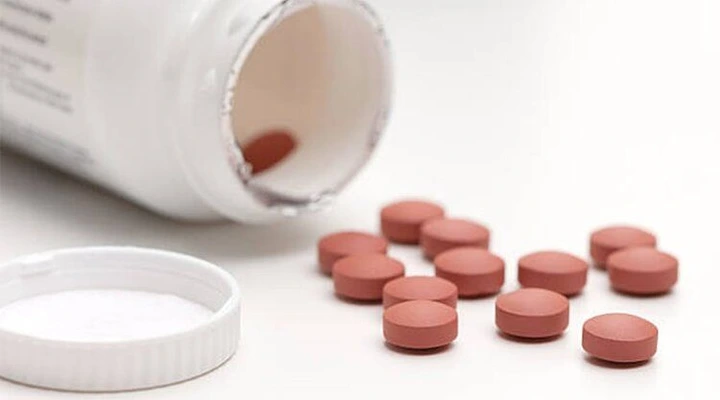
If the only thing you have on hand is acetaminophen (Tylenol), it might get you by until the morning when you have time to run to the drugstore.
Managing toothache symptoms is different than a headache or muscle pain, so you’ll need an anti-inflammatory that can help calm the nerve of your tooth down. Ibuprofen is usually the best choice.
2) Salt Water Rinse

Since most tooth pain is associated with some type of nerve or gums swelling, a warm salt water rinse is perfect. Fill an 8-ounce glass with lukewarm water and dilute a teaspoon of table salt in it. Rinse with it for several seconds, spit, and then rinse with more until you’ve worked your way through the entire glass.
You can repeat this process as needed. If your tooth hurts when it’s exposed to warmer temperatures, it’s probably because of a traumatized or abscessed nerve inside the root of your tooth. In that case, use slightly cooler water.
3) Hydrogen Peroxide Rinse
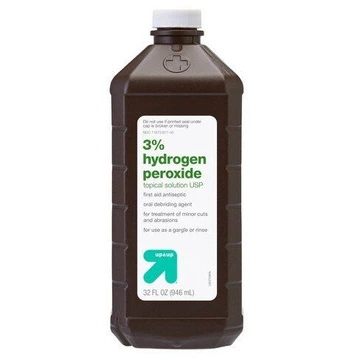
Peroxide has a variety of uses, including antimicrobial properties. That’s why you’ll find it in so many first aid kits. Even though you don’t want to gargle with hydrogen peroxide on a regular basis (it messes up the flora inside your mouth) you can use it occasionally as needed. The important thing is to cut it with water to make a 50/50 solution. Rinse with it for about 30-45 seconds and then spit it out. Make sure you go back and re-rinse your mouth out with fresh water to remove any residual peroxide.
4) Cold Compress

If you have a toothache, cold compresses are your friend. Apply one for up to 20 minutes at a time to the side of your face that the toothache is located on. After 20 minutes, give yourself a 20-minute break, then repeat the process again.
Cold compresses are essential after any type of oral surgery or tooth extraction. They work by minimizing inflammation, which is one of the most common causes of post-operative pain and toothaches.
5) Peppermint Tea Bags
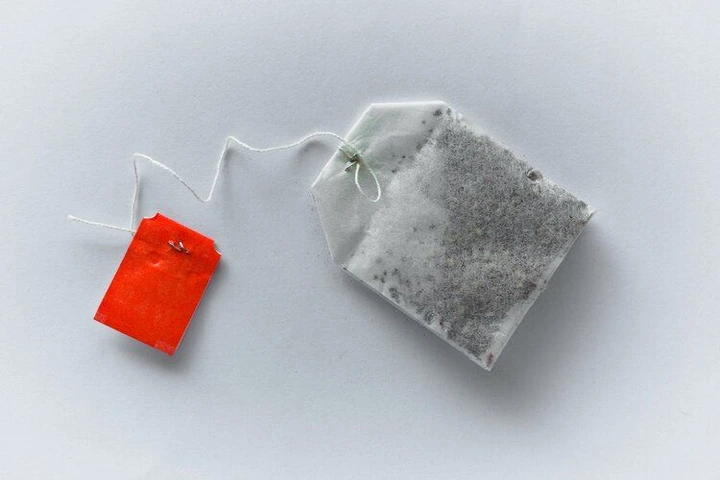
Tea bags in general are great for sore gums and managing pain after a dental extraction. Peppermint tea bags are no exception! Peppermint can slightly numb the skin next to it for temporary relief.
Whether you’re using a peppermint or regular tea bag, briefly soak it in warm water for a few seconds (until the bag is fully saturated) and then place it directly onto the area of your mouth that hurts. You can use it as long as you like and then replace it as needed.
6) Clove Oil
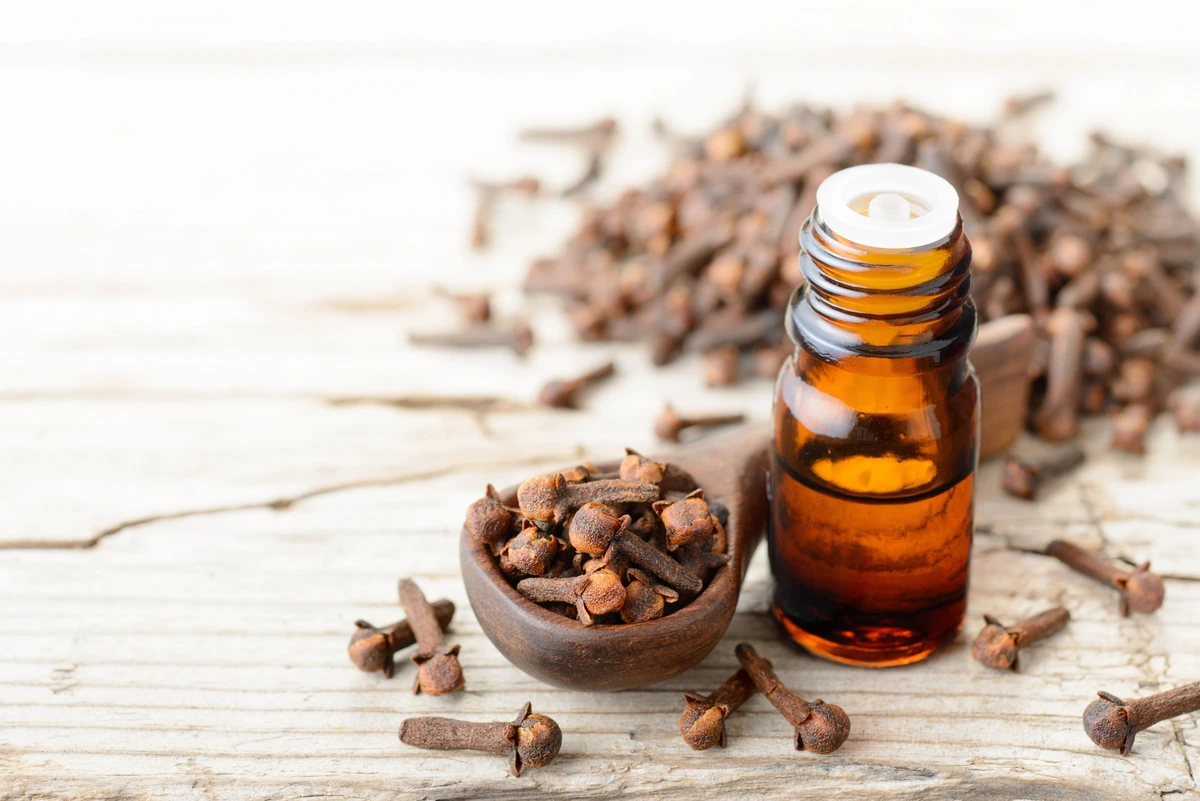
Clove oil and cloves work so well as a pain reliever because they contain something in them called “eugenol.” It’s the eugenol compound that provides relief, which is why you’ll typically see better results if you have clove oil as opposed to dried cloves. Even though you could chew on dried cloves, you run the risk of hurting your tooth more by doing it that way.
7) Garlic
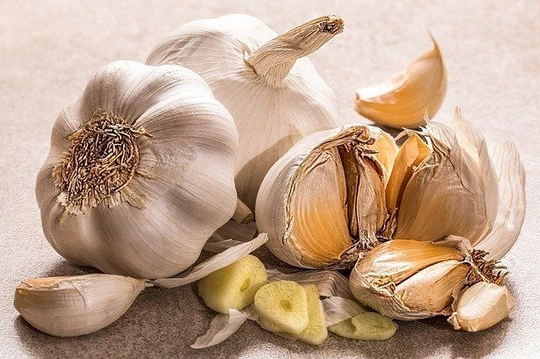
Homeopaths have known about garlic’s medicinal purposes for years. It’s no surprise that it works on toothaches too! If you’re a garlic lover, you’re in luck. Just crush a clove of garlic and rub it up against the sore spot. If that’s too tender, hold it in your mouth against that tooth.
Unfortunately, there’s some bad news when it comes to using garlic for toothaches. You already guessed it: bad breath. But chances are if you have a toothache bad enough that you’re trying to treat it with garlic, you’re probably not going out in public anytime soon anyway.
8) Vanilla Extract

The vanilla extract you keep in your kitchen pantry contains alcohol. You don’t want to drink or rinse with it, but you can use a cotton swab to dab a few drops onto sore teeth and gums for fast pain relief. Use as needed.
9) Guava Leaves
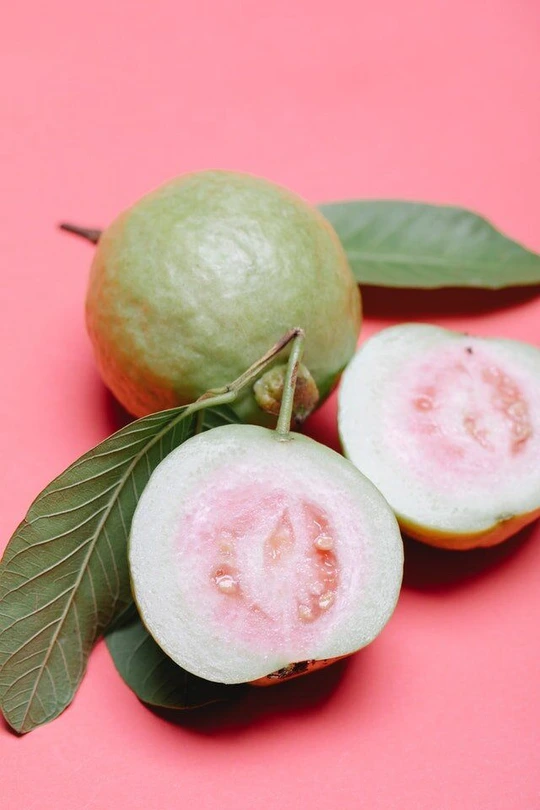
Do you happen to have guava leaves somewhere handy? You can crush, chop, or chew guava leaves and place the paste-like substance onto your tooth. Or if you prefer you can also make a tea or mouthwash out of them. Boil the plant for a few minutes to draw out the healing properties and then allow the water to cool. You can keep it in the refrigerator if you want more for later.
10) Wheatgrass

Wheatgrass contains chlorophyll, which makes it effective against bacteria. It’s also good for combatting inflammation and a lot of people refer to it as a “superfood.” The best way to use wheatgrass for toothaches is to make a juice mixture and rinse with it a few times a day.
11) Fresh Ginger
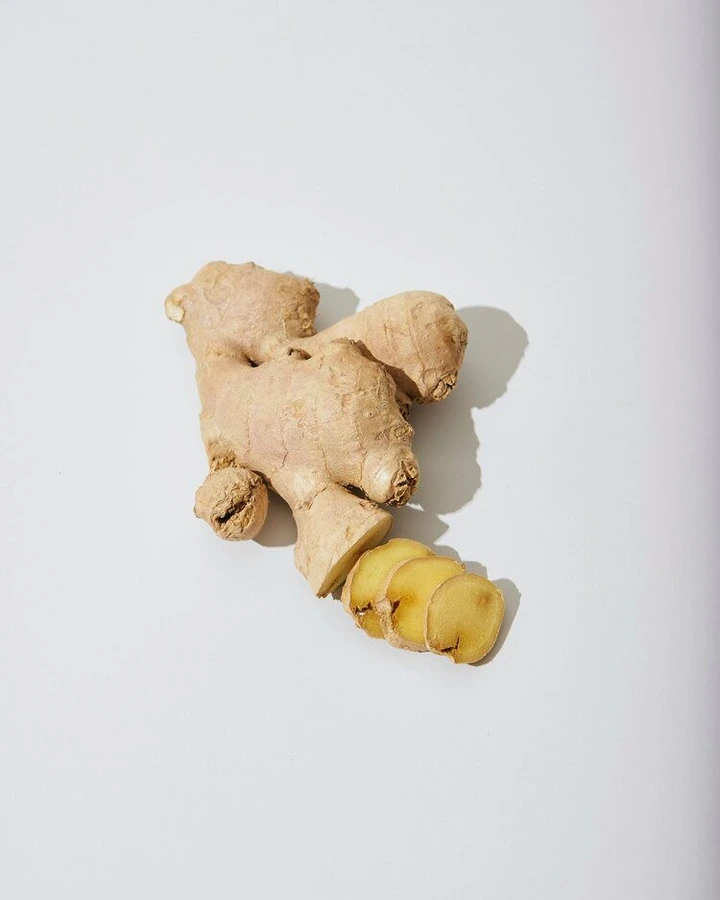
Ginger is another natural antibacterial agent. At some point, California State University issued a publication that showed how ginger root could help soothe a wide number of ailments, including toothaches (not to mention bruises and stomach issues.)
If you want, you can mix a little fresh ginger with some cayenne pepper (since it can help block pain signals to your brain.)
You can use fresh ginger root straight from the grocery store. If you already have some in your refrigerator, you’re in luck! Just cut a slice off and hold it up against the tooth that’s bothering you.
12) Thyme

This herb is known for having various antiseptic and anti-fungal properties. If you have any Thyme essential oil on hand, you can apply a few drops to a cotton swab and then dab it directly onto the area that hurts. Or you can also put it on a cotton ball and hold it against that area.
Some people prefer using dried thyme to make a warm herbal tea. You can sip on it and let it sit next to your painful tooth for temporary relief. If you have actual thyme tea bags (you can usually find them in a health food store) you can place them directly in your mouth and hold it there for several minutes.
13) Elevate Your Head
Tooth pain typically gets worse when you lay down to go to sleep at night. Go figure, right?! By keeping your head elevated, you can take some of that pressure off of your mouth. Grab a couple of extra pillows to prop yourself up, or consider sleeping in a recliner if you have one.
It’s also important to keep your head elevated if you just had a dental extraction or other oral surgery. If you’ve recently completed dental work, make sure you’re following your dentist’s home care instructions to a T.
Talk To A Dentist
Even the best home remedies for toothache relief won’t provide a long-term solution. It’s important that you see a dentist at your earliest opportunity. Especially if you’re experiencing pain when biting down, heat sensitivity, sweet sensitivity, or swollen gums. Earlier dental care will help you avoid expensive emergency treatment or complex procedures.
Better yet, make sure you’re seeing your dentist every six months for checkups. That way you won’t have to worry about toothache home remedies, because your dental team will already have an eye on your smile!

Make your inbox smile!
Subscribe






